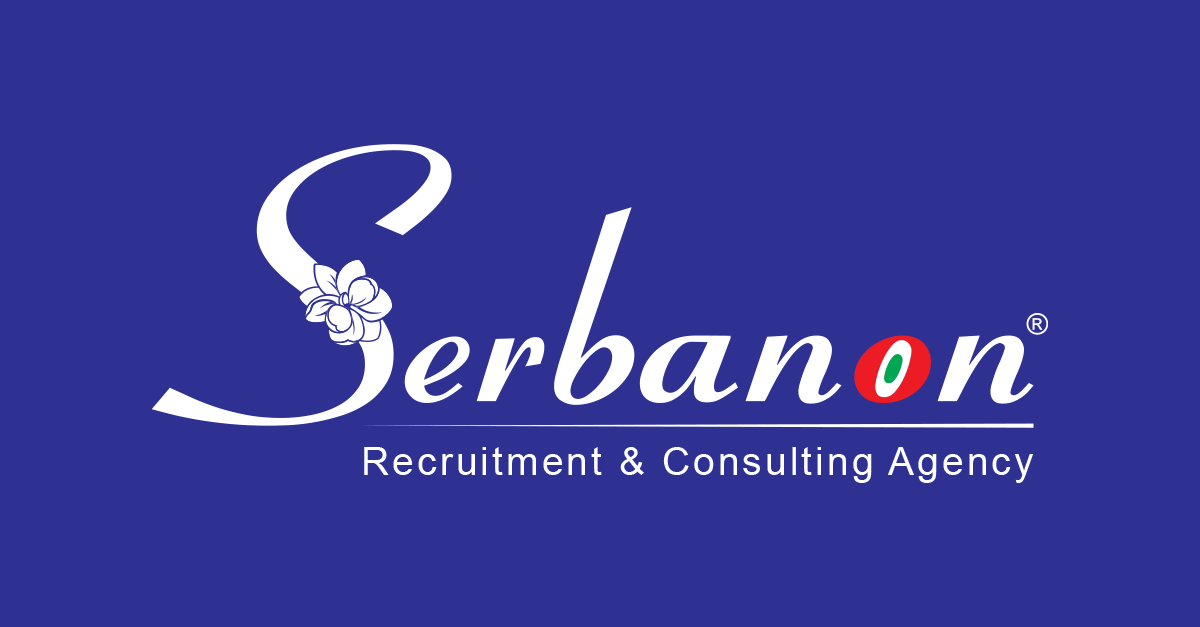The Shift Towards Valuing Soft Skills in the Workplace
Traditionally, companies have placed a premium on hard, quantifiable skills, assessing employee productivity through measurable outcomes. Yet, a paradigm shift has occurred in recent years, with an increasing number of businesses recognizing the importance of unquantifiable abilities, choosing to hire based on soft skills rather than relying exclusively on a candidate’s past achievements and experience.
Identifying the Skills Gap
The prevailing belief was that the market was primarily lacking in hard technological skills. While the demand for such skills persists and is set to grow, a new kind of skills shortage has become apparent: the soft skills gap.
This shift towards valuing soft skills is reflected in job market trends, with employers increasingly seeking abilities such as critical thinking, analysis, problem-solving, and self-management skills, including active learning, resilience, stress tolerance, and flexibility, as highlighted by the World Economic Forum.
Understanding the Causes
The widening skills gap is a response to the evolving demands of the market. Technology had been a significant disruptor in the workforce before 2020, but the advent of the pandemic introduced another layer of disruption. The rapid integration of technology necessitated by the pandemic has not only accelerated the digital transformation but also spotlighted the need for a different set of skills.
The shift towards remote work environments has exacerbated the skills gap, underscoring the necessity for effective communication via video conferencing, email problem-solving, and remote collaboration. These competencies, which previously required less deliberate effort, now demand a conscious mastery to thrive in a technologically driven workplace. Contrary to the belief that soft skills are inherent, they are, in fact, teachable and learnable.
As market disruptors continue to reshape the business landscape, the competition for securing top talent intensifies. With the gradual lifting of travel restrictions, an increase in talent mobility is expected, further fueling the competitive environment for attracting skilled professionals.
Strategies for Bridging the Gap
Addressing this skills gap involves several strategies. Firstly, companies should conduct an internal audit to determine the soft skills crucial to their operations and then develop targeted learning and development programs. The World Economic Forum suggests that approximately 40% of workers will need reskilling, with 94% of business leaders anticipating that employees will acquire new skills on the job, marking a significant increase from 65% in 2018. Investing in employee development not only contributes to the company’s success but also enhances job satisfaction and retention.
Another approach is to recruit talent already equipped with these essential soft skills. This can be achieved through behavioral interviewing techniques and equipping HR teams with the necessary tools to understand and assess candidates’ skill sets. Preparing candidates for interviews by requesting them to share examples of how they’ve managed conflicts can also be beneficial.
The Critical Role of Soft Skills
Soft skills have transitioned from being merely desirable to becoming critical for professional success. Recognizing the importance of these skills, especially in recruitment, is essential for businesses aiming to not only attract but also develop a workforce capable of navigating the complexities of the modern workplace.
For further insights into how our brands can support your company in sourcing talent endowed with the necessary soft skills, feel free to reach out to our team today.


